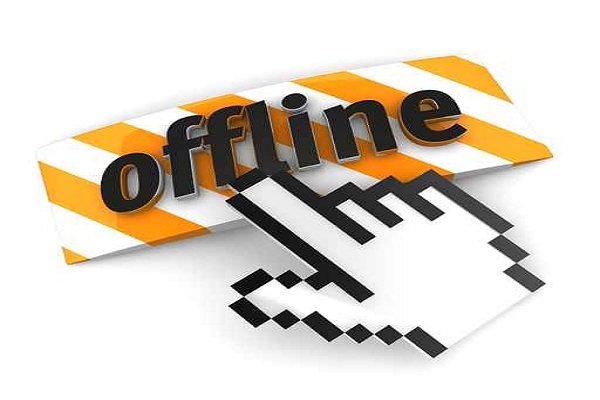Google invests $7m in eradicating child abuse from the web
Search giant ploughs investment into organisations and technologies that will curtail online access to offensive content.

Internet search giant Google has reinforced its commitment to combating the spread of child abuse imagery on the internet by donating $7 million towards eradicating such content.
The company said the money will be shared among the National Centre for Missing and Exploited Children, the Internet Watch Foundation, as well as similar organisations in the US, Canada, Europe, Australia and Latin America.
We can do a lot to ensure it's not available online, and when people try to share this disgusting content they are prosecuted.
Further to this, Google has also launched a $2 million Child Protection Technology Fund to finance the development of technological tools to help reduce the availability of abusive images on the web.
"We're in the business of making information widely available, but there's certain information' that should never be created or found," said Google in a blog post.
"We can do a lot to ensure it's not available online, and that when people try to share this disgusting content they are caught and prosecuted," it added.
The post also detailed some of the technological work Google has already done to curtail access to child abuse content online.
These include the use of "hashing" tools that tag offensive images, so their distribution can be monitored and the creation of a cross-industry database of child abuse material.
Get the ITPro daily newsletter
Sign up today and you will receive a free copy of our Future Focus 2025 report - the leading guidance on AI, cybersecurity and other IT challenges as per 700+ senior executives
"This will enable companies, law enforcement and charities to better collaborate on detecting and removing these images, and to take action against criminals," the post continued.
Pressure has been growing on search engines and ISPs in recent weeks to clamp down on the availability of child abuse images online, in the wake of the April Jones and Tia Sharp murder cases.
Google, in particular, has come under fire for failing to do enough to restrict access to sites hosting abusive content, which prompted the firm to issue a statement last month setting out its "zero-tolerance" stance to child pornography.
-
 Pirate Bay goes mobile
Pirate Bay goes mobileNews The mobile version of Pirate Bay will include separate TV, music and movie sites
By Clare Hopping
-
 Piracy warnings to be emailed to perpetrators
Piracy warnings to be emailed to perpetratorsNews Those who repeatedly download pirated material will receive up to four warnings advising them of the law
By Clare Hopping
-
 UK ISPs block 1/5 websites on child protection grounds
UK ISPs block 1/5 websites on child protection groundsNews ISPs are blocking perfectly legal web pages in an attempt to protect children from the internet, a study suggests
By Alex Hamilton
-
 GCHQ taken to court by ISPs over network spying
GCHQ taken to court by ISPs over network spyingNews GCHQ under threat of lawsuit from ISP companies angered over Snowden spying revelations
By Alex Hamilton
-
 ISPs criticised for lenient stance on illegal downloads
ISPs criticised for lenient stance on illegal downloadsNews New proposals will see ISPs write to illegal downloaders, but they won't be threatened with legal action
By Caroline Donnelly
-
 Online porn filter "blocks" League of Legends game patch
Online porn filter "blocks" League of Legends game patchNews ISP security settings blamed for botched downloads.
By Caroline Donnelly
-
 Online porn block proposals by Government panned
Online porn block proposals by Government pannedNews Updated: Prime Minister's anti-porn measures picked over by industry watchers.
By Caroline Donnelly
-
 High Court tells UK ISPs to block The Pirate Bay
High Court tells UK ISPs to block The Pirate BayNews Sky, Everything Everywhere, TalkTalk, O2 and Virgin Media will have to block access to file sharing website.
By Khidr Suleman

